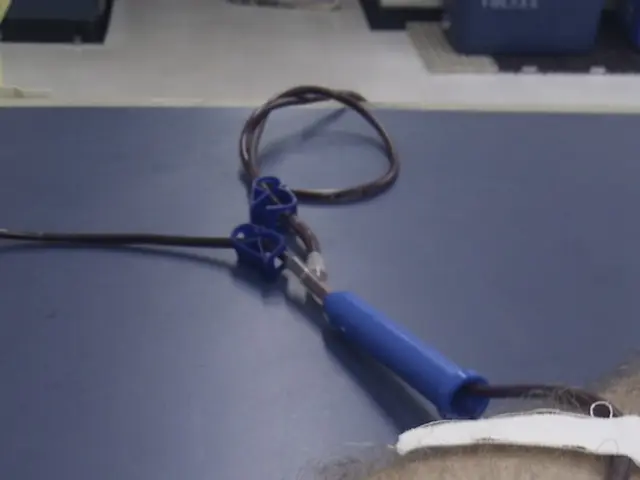Could anti-inflammatory drugs potentially aid in the prevention of dementia?
Every three seconds, someone worldwide develops dementia, according to Alzheimer's Disease International. Currently, more than 55 million people live with the condition, a number projected to reach 78 million by 2030 and 139 million by 2050.
Despite pharmaceutical advancements, drugs such as lecanemab, which was fast-tracked for early Alzheimer's, have been associated with stroke, while others, such as aducanumab, have faced concerns and discontinuation.
However, a recent study published in the Journal of the American Geriatrics Society may offer promising insights into preventing dementia. The research suggests that we may already possess a tool to ward off the disease – a healthy alkaline pH level in our bodies.
Researchers have established a connection between Alzheimer's dementia and high levels of inflammation in the body. In fact, non-steroidal anti-inflammatory (NSAID) medications have shown some potential in offering protection against dementia due to their anti-inflammatory effects.
A study involving 11,745 adults followed for an average of 14.5 years found that long-term NSAID use was associated with a 12% reduced risk of developing dementia. Conversely, short- and intermediate-term use offered no benefits, and the cumulative dose of NSAIDs was not associated with decreased dementia risk.
The researchers concluded that their study provides evidence on potential preventive effects of anti-inflammatory medication against the dementia process.
While these findings are significant, it's important to note that NSAIDs are associated with risks, such as gastrointestinal bleeds, acute kidney injuries, bronchospasm, increased heart attack risk, and attacks on mitochondria.
An anti-inflammatory diet, which focuses on whole, unprocessed foods, healthy fats like olives oil and omega-3s, and limiting inflammatory foods like red meat, unhealthy fats, and sugary drinks, has been shown to slash dementia risk by as much as 31%. Additionally, fasting, stress reduction, and natural anti-inflammatory spices like turmeric, ginger, and cinnamon may also help reduce inflammation without turning to potentially dangerous medications.
Sources:
- Can long-term use of anti-inflammatory medications prevent dementia? - EurekAlert
- Dementia Statistics - Alzheimer's Disease International
- Fasting's inflammation-fighting trigger may work like aspirin - Easy Health Options
- 4 big ways NSAID pain relievers can hurt your body - Easy Health Options
- Omega-3 Fatty Acids And Inflammation - You Are What You Eat! - NIH
- The study published in the Journal of the American Geriatrics Society suggests that a healthy alkaline pH level in our bodies could potentially prevent dementia.
- Researchers have found a connection between Alzheimer's dementia and high levels of inflammation in the body.
- Non-steroidal anti-inflammatory (NSAID) medications have shown some potential in offering protection against dementia due to their anti-inflammatory effects.
- A study found that long-term NSAID use was associated with a 12% reduced risk of developing dementia.
- While NSAIDs may offer benefits in preventing dementia, they are associated with risks such as gastrointestinal bleeds, acute kidney injuries, bronchospasm, increased heart attack risk, and attacks on mitochondria.
- An anti-inflammatory diet, fasting, stress reduction, and natural anti-inflammatory spices like turmeric, ginger, and cinnamon may help reduce inflammation without turning to potentially dangerous medications.








